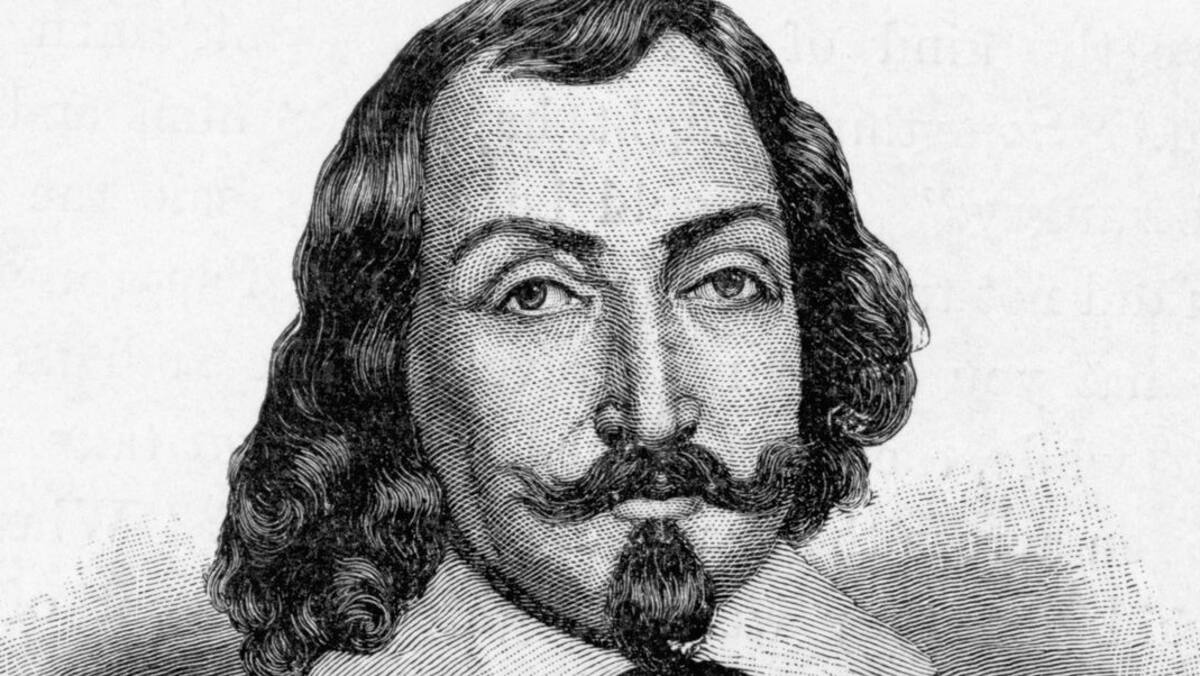For any history buff, the release of a new biography of a great character from our past is always a celebration. Readers interested in the history of New France will be served these days with the publication of a nearly 800-page new biography of explorer Samuel de Champlain.
I spoke with author Eric Thierry, who made new discoveries in the archives that allow him to present a new portrait of the famous cartographer. The historian, who specializes in Champlain, was kind enough to talk to us about his work, and he portrays some of the characteristics of this larger-than-life historical figure.
Montreal Journal: What makes Champlain such an important character in our history?
Eric Thierry: Champlain was the founder of Quebec in 1608. From 1603 to 1616, he also explored Acadia, New England, the St. Lawrence Valley, and Ontario. Finally, from 1608 to 1635, he defended the fledgling colony of Quebec and worked to expel the English from the St. Lawrence Valley. Champlain fully deserved the title “Father of New France” bestowed by the historian Charlevoix in 1744.
JTM: Why the new biography about him?
ET: American David Hackett Fischer published a biography of Champlain in 2008, which was very successful, but the discovery of documents in French archives allows me to publish another, more updated one.
JTM: About these new, unpublished sources that you have access to, where were they hidden, and what do they tell us new about Champlain?
ET: I made discoveries in manuscripts preserved in the archives of the Bibliothèque Nationale de France and the French Ministry of Foreign Affairs in Paris. I also used existing, but poorly used, documents in departmental archives in the west of France and in the National Archives in Paris.
These sources shed new light on several aspects of Champlain’s life and work, such as his training as an observer and cartographer in the quartermaster service of King Henry IV’s army in Brittany, which was a real information service. They also tell of his preparation for his first expedition to the valley of the St. Lawrence, in 1603; His role in the founding of New York in 1624 and his humiliation after the capture of Quebec by Quebec in 1629.
JTM: In your opinion, what was the most important event in his life?
ET: He made several attempts to bring about a general peace among all the First Nations of the Northeastern United States. He did not create the new France through arms, but through the maps he drew and the alliances he concluded with many indigenous leaders. He was always very respectable, and although he intended to convert the natives to Catholicism, he preferred to do so on a heart-to-heart basis by making them live alongside the French. He was never a racist and separatist colonialist. It is very important to remember this.
JTM: What adjective best describes the person he was?
ET: Champlain was persistent. He crossed the Atlantic several times in defense of the cause of the colony of Quebec, and never relented in his efforts, even when it endangered his health. Another adjective describes him better: He was faithful all his life! Loyal to the King of France and true to his religious beliefs. These illustrate his humanity.
JTM: Champlain remains a character, some aspects of which we still don’t know. What mysteries of Champlin’s life remain unsolved?
ET: We don’t know his facial features. There is no real portrait. Everything in circulation is born from the imagination of their author. We do not know the exact location of the church where his body was buried. Are Ash’s bones still in place? We can reconstruct his face from his skull. I also hope to one day find new manuscripts of Champlain. Some may still be somewhere in France. I hope to make more discoveries, but I know it will be very difficult.

“Music geek. Coffee lover. Devoted food scholar. Web buff. Passionate internet guru.”




